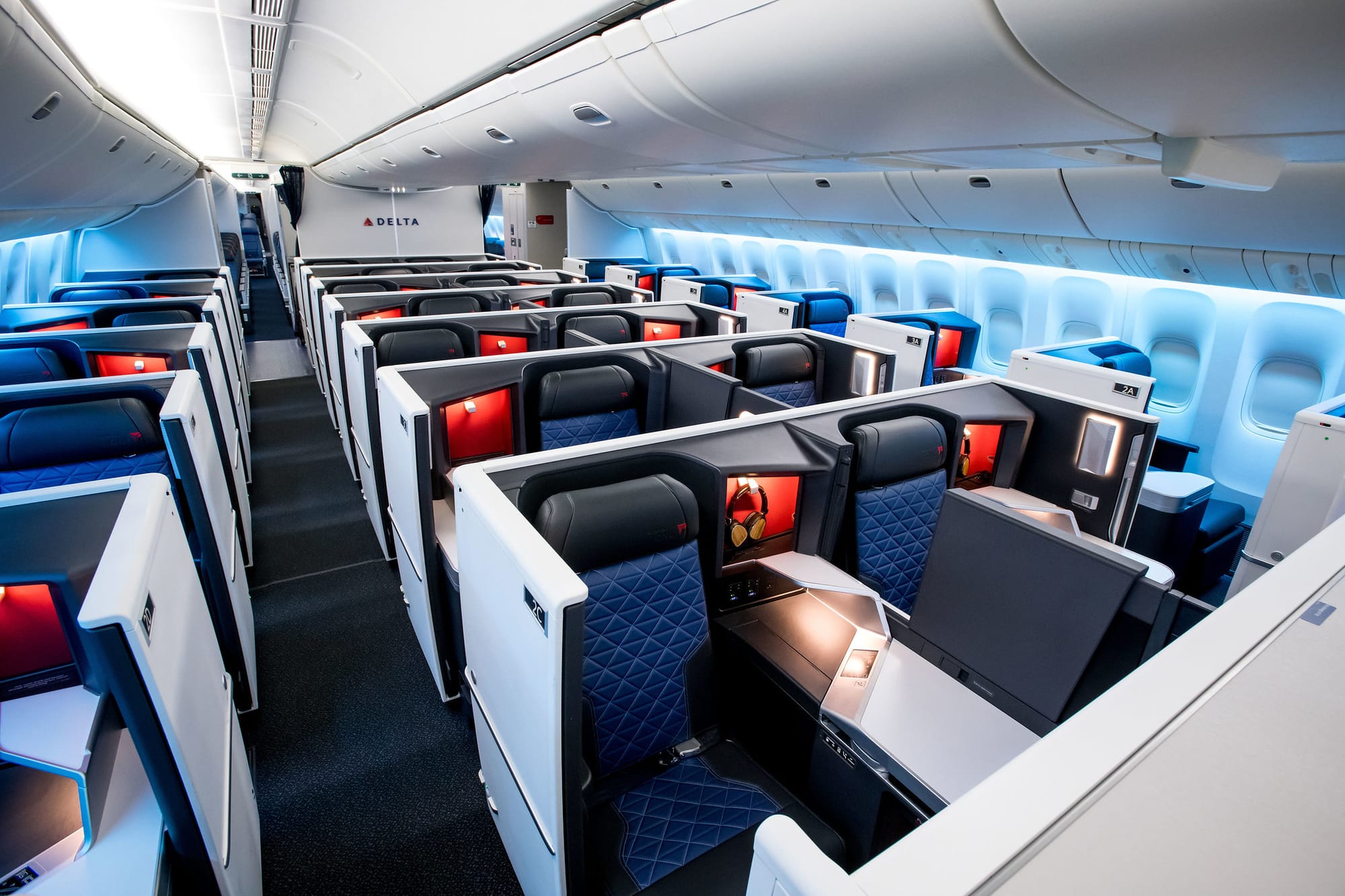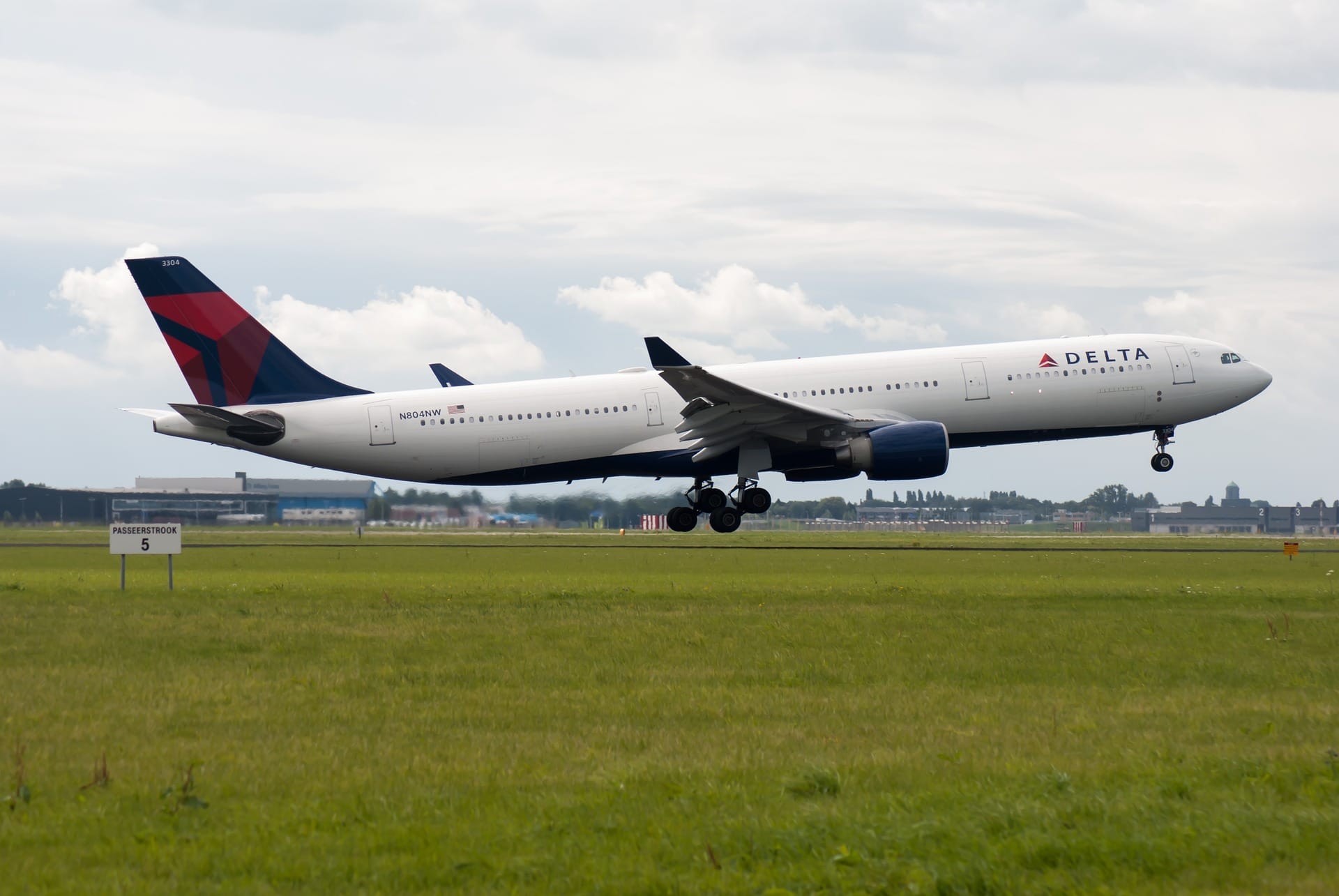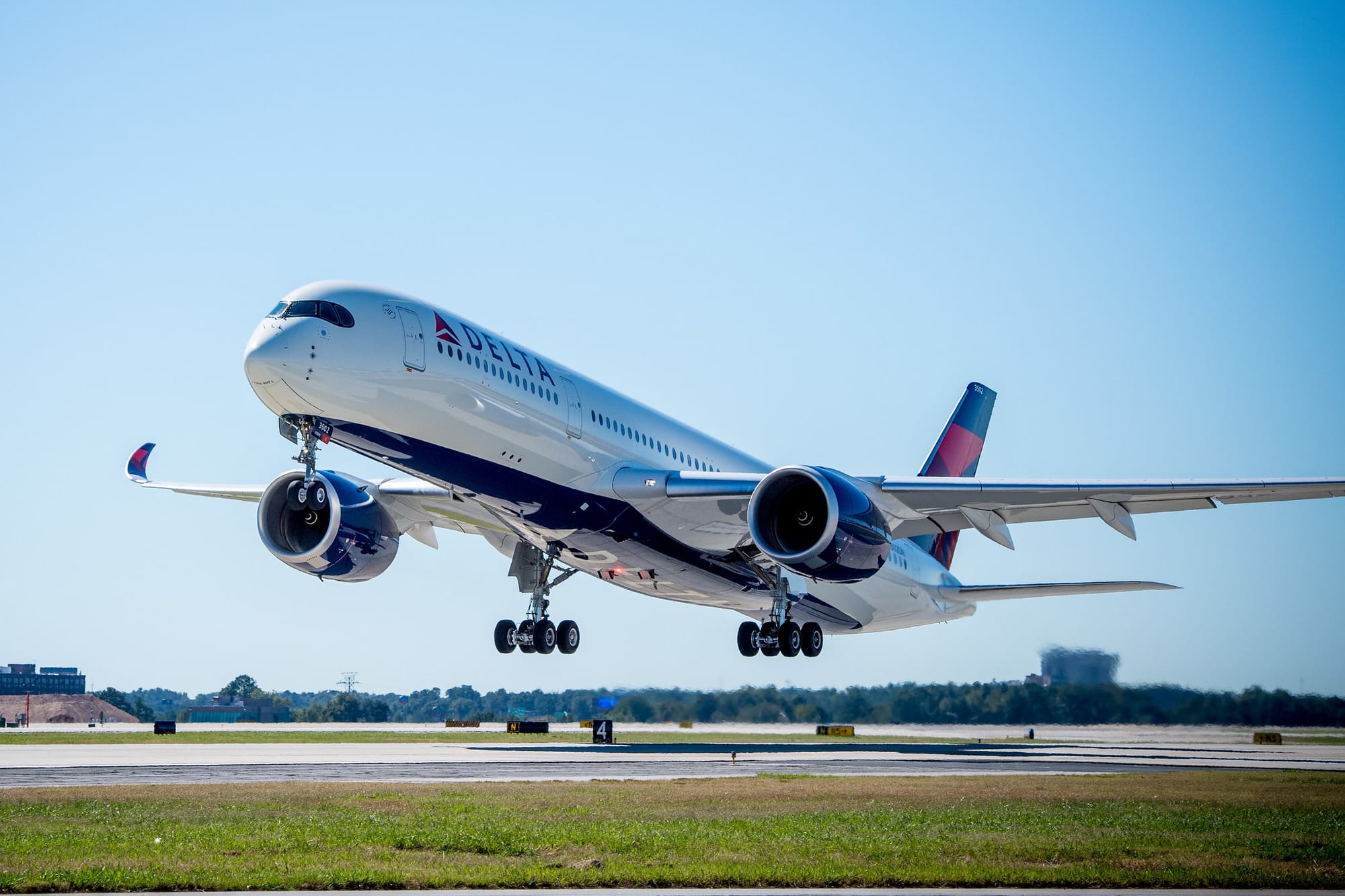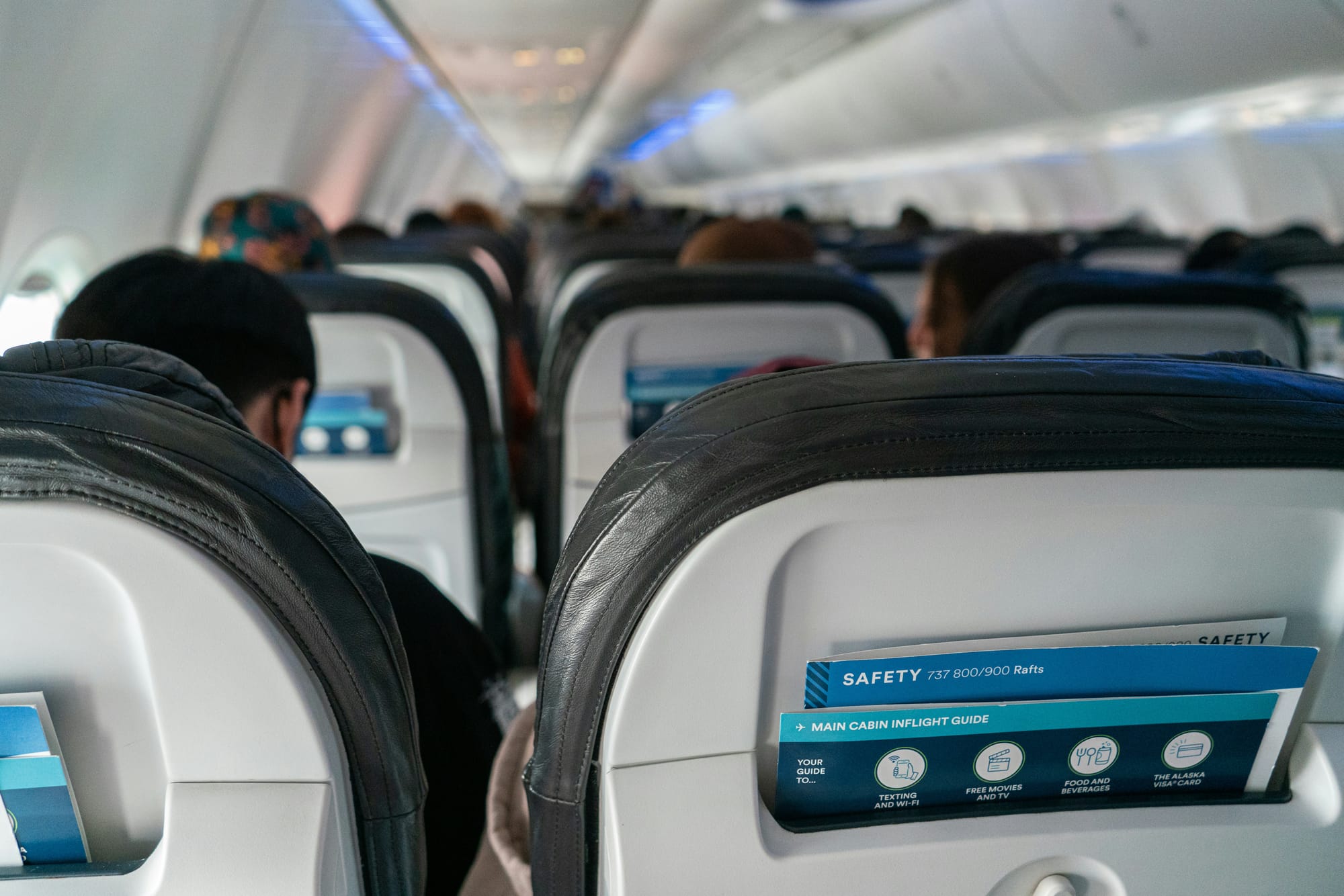Why Delta Air Lines "Basic Business Class" is a Bad Idea

As an aviation enthusiast and frequent flyer, I've always admired Delta Air Lines for its commitment to innovation, customer service, and maintaining a premium experience for its passengers. However, the recent hint they may unbundle its business class offerings and introduce a "Basic Business Class" is a move I strongly believe is misguided. While I understand the pressures of staying competitive in an industry constantly evolving, this approach could potentially erode the very foundation of what makes Delta a preferred choice for many travelers, especially those seeking a premium experience.
Diluting the Premium Experience

Business class has long been synonymous with comfort, luxury, and convenience. It’s a space where travelers expect not just a seat but a complete experience—from lounge access and priority boarding to gourmet meals and personalized service. By introducing a "Basic Business Class," Delta risks diluting this experience. Stripping away key perks like lounge access or limiting in-flight amenities could lead to a significant reduction in customer satisfaction. For many business travelers, these perks are not just luxuries, but necessities that make long-haul travel bearable and productive. Reducing these offerings may drive loyal customers to competitors who continue to provide a full-service experience without compromise.
Delta has built a strong brand loyalty over the years, particularly among its business travelers, who appreciate the consistency and quality of its services. Introducing a Basic Business Class could alienate these loyal customers. Frequent flyers often choose Delta for the predictability of its premium service. If that service is compromised or becomes less reliable due to unbundling, these customers may feel undervalued and look elsewhere. Moreover, the complexity of navigating different levels of service within the same class could lead to confusion and frustration, further eroding trust in the brand.
Brand Erosion

Delta has positioned itself as a premium airline, and part of that appeal is the promise of a superior business class experience. By creating a tiered system within business class, the airline could inadvertently signal that its standard business class is now overpriced or that its premium services are no longer worth the investment. This perception could damage Delta’s brand equity, making it harder to justify the higher costs of its full-service business class. In an industry where reputation is everything, this could have long-term consequences that are difficult to reverse.
One of Delta's strengths has been its ability to differentiate itself from low-cost carriers and other competitors by offering a superior product. A move towards unbundling its business class aligns Delta more closely with budget-conscious airlines that focus on lower fares at the expense of service quality. This shift could blur the lines between Delta and its less premium competitors, reducing its competitive edge. Customers who prioritize cost over quality might still opt for the cheapest option available, while those who value the full business class experience might defect to airlines that remain committed to offering it.
Final Thoughts
While the idea of a "Basic Business Class" might seem like a smart way to cater to cost-sensitive travelers, I believe it is ultimately a shortsighted decision that could harm Delta Air Lines' brand and customer loyalty. By diluting the premium experience, alienating loyal customers, and compromising its competitive edge, Delta risks losing what has made it a leader in the aviation industry. In an era where the customer experience is paramount, maintaining a clear and consistent value proposition is essential. Delta should focus on enhancing its premium offerings rather than fragmenting them, ensuring that it continues to be the airline of choice for discerning travelers.





